
A year of listening
We have heard from people across the country, in their own words, about their experience of the care they receive and ways we can better support them. In June, we launched the service user Pulse Survey – the biggest survey of its kind – to pilot a new way of analysing feedback and ensuring we keep listening. Thanks to people across the organisation, including service user reps, peer mentors and volunteers – many of whom have had to take on new roles to support on this project – we have managed to gather over 4,000 responses to date.
Our Year of Listening timeline charts what we’ve heard throughout a global pandemic, how we’ve responded, and what we’ve learned during this challenging year, both as individuals and as an organisation.
Our year of listening timeline:
Reduced number of visits needed to collect prescriptions from pharmacies
The move to fortnightly Medical Assisted Treatment (MAT) pick-up was widely appreciated by service users - some were able to self-manage their MAT supply more effectively - resulting in more manageable, or fewer, cravings - and therefore less likelihood of using illicit opiates on top.

The consequences of catching Coronavirus are more serious for many of our service users as many within this group have existing health conditions such as respiratory disease. Asking them to attend a pharmacy once every two weeks, instead of once a day, greatly reduces their exposure to the risk of infection.”
Our Year of Listening began
We began listening to the people who use our services in the context of changes to care. Changes to keep people safe from coronavirus had to be made quickly, without consultation. We needed to use all the possible channels to listen to feedback to be sure what we were doing was the best possible way to respond.

Partnership working with The Salvation Army, hostels and homeless support
People sleeping rough were provided emergency accommodation in places like hotels and hostels. They were offered rapid access to drug and alcohol treatment and healthcare.
Incidents of evictions from hostel staff identified the need to raise awareness around the support needs for this population. Work was undertaken with Pan London Services and The Salvation Army to educate and train hotel staff around harm reduction and increase awareness of the health and support needs of our homeless community.
Countless people who had previously struggled to accept support began to engage with services. This was an inspiring time, seeing how staff and volunteers worked tirelessly and in imaginative ways to ensure that no one was left without support."
Following feedback from service users around IT literacy and issues accessing key online platforms, an initiative launched to gift broadband enabled tablets to help service users get online. The tablets came with guidance on how to access platforms such as Zoom, online security and tips for getting the most from the tablet.

Change Grow Live have provided continuous support during this challenging period and I have my first online Zoom group next week. Online support packs received - thankful for ongoing support.”
After hearing that it was not possible to contact some of the most vulnerable service users, including rough sleepers, mobile phones were given out across the organisation to those most in need.

I really liked having my session over the phone because I was a lot less anxious to talk to my worker than I would be if we met face to face. Talking on the phone felt more comfortable for me.”
The Pulse Survey streamlined the way we were listening to the people who use our services during the pandemic. This meant we could shift from looking at feedback from lots of different sources to continuous feedback in one rolling survey.
The survey asks three simple questions:
What changes do you like?
What changes don’t you like?
What could we do differently?
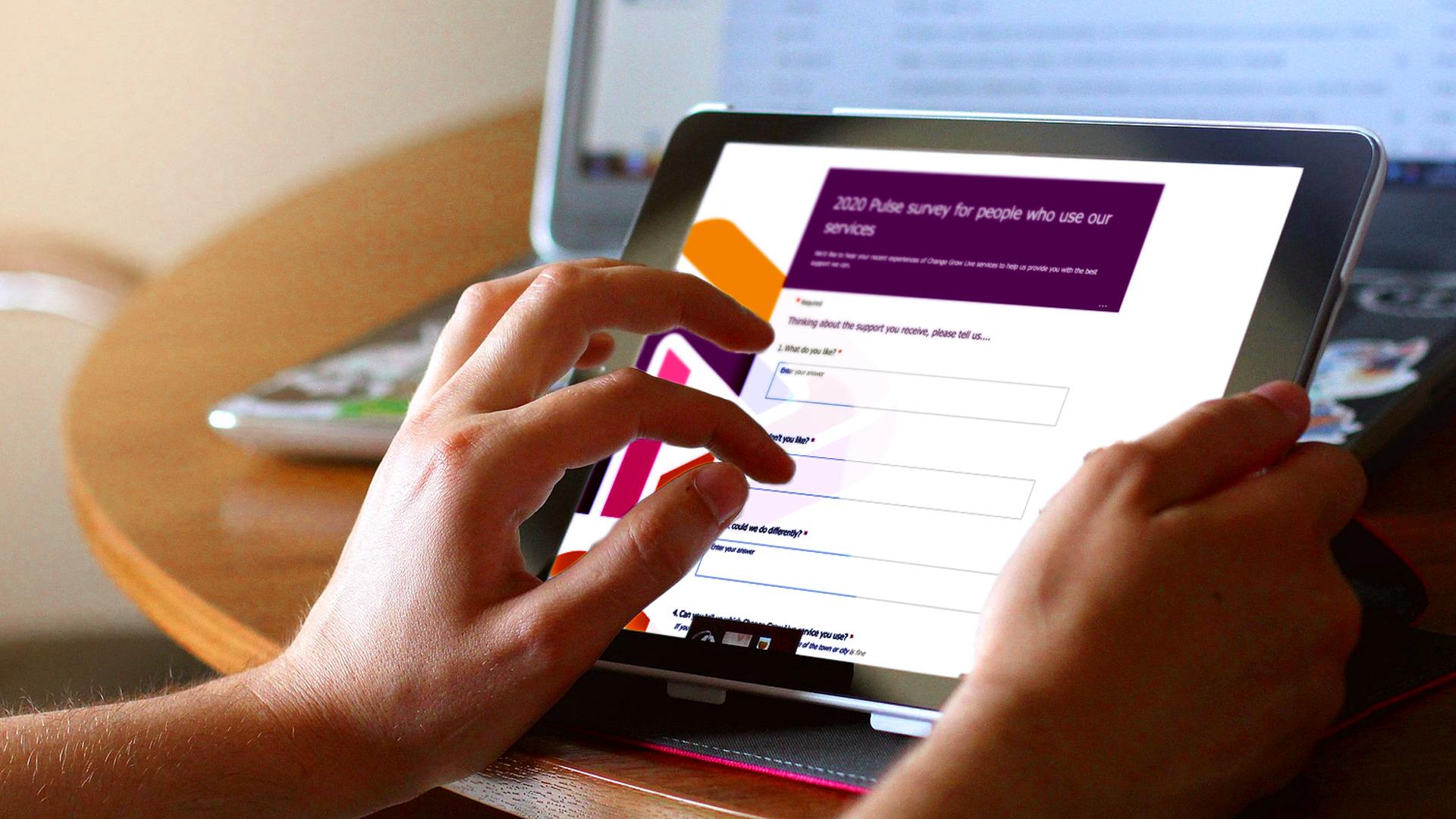
It's great listening to others. I have found it quite humbling. I am getting quite a buzz out of it especially when the 'service user' agrees to the survey and shares their experiences."
Partnered with University of Manchester
Open questions in the Pulse Survey allowed people to give feedback in their own words and leaving the survey open means we can track ongoing changes.
By working in partnership with the University of Manchester, we were able to understand how the service user feedback changes over time.
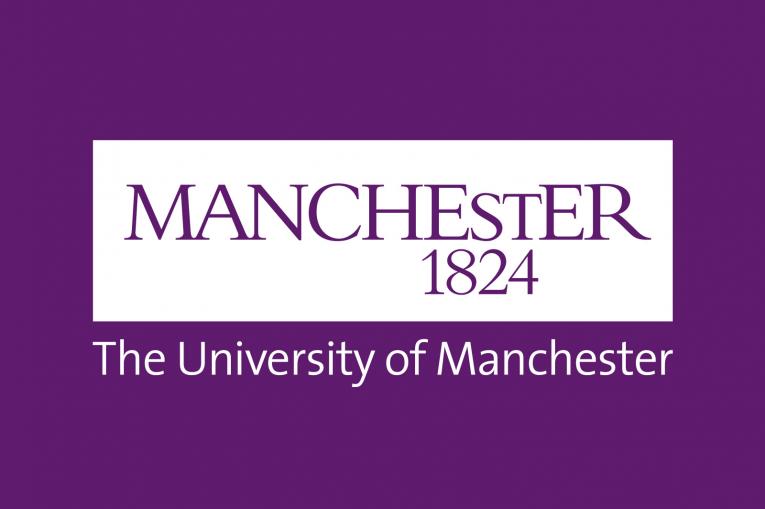
Our analysis has idenfitied a framework of themes that are grounded in first-hand reports of how COVID-related changes to services have been experienced." (University of Manchester)
After lots of positive feedback about the benefits of using Zoom to engage with peers and key workers, we purchased Zoom licenses. Service users were offered support and training to set up groups for those who couldn’t attend in person.
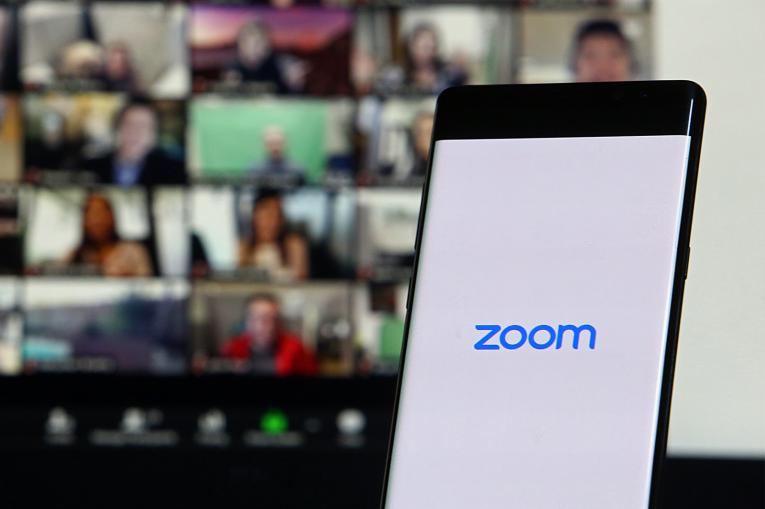
I like the fact that the Zoom meetings are smaller than the in-person meetings. It allows for more structure and information."
“I love that you have adapted to making Zoom group meetings.”
Ongoing analysis showed that while online groups were still working for many, some people were starting to miss in-person sessions and group work. This was challenging to address during a time when we were seeing a spike in coronavirus cases across the country.
Insights showed that people were craving more social contact and were beginning to feel isolated. To address this a variety of organisation-wide events were run to bring people together. These were hosted by staff and volunteers and included sessions ranging from a quiz, to yoga, to SMART recovery.
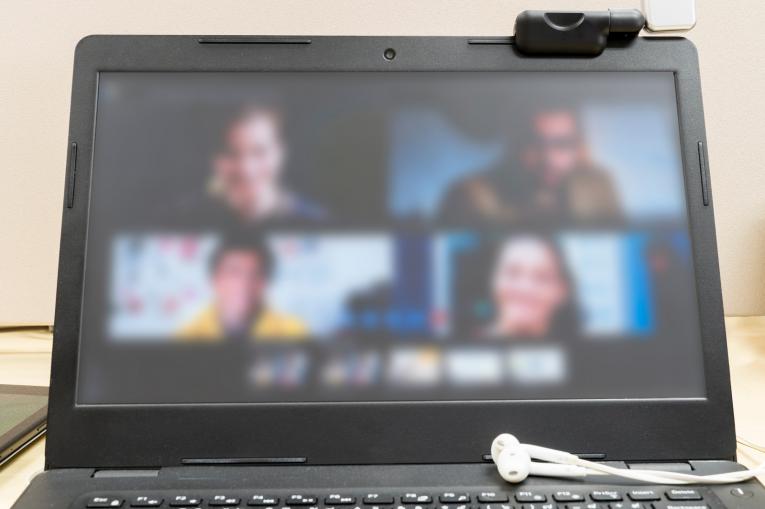
I like being able to attend to still maintain connection with some Zoom meetings."
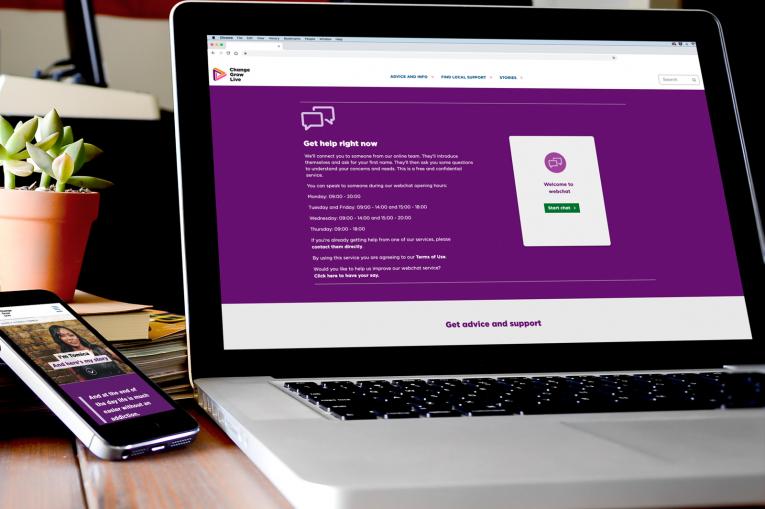
The online support is great, I don't think I would have survived without it."
Updated guidance from Public Health agencies meant returning to more 'normal’ ways of working
Updates to official public health guidance encouraged services, as far as possible and where safe to do so, to move practice closer to established national (pre-COVID) guidelines. This meant, where possible, we could begin to deliver more services in person again.

I liked the face-to-face contact with my worker (we were wearing face masks) which made it easier for me to speak to him and because I felt comfortable, I was able to discuss a lot of things I probably would not have done over the phone.”
Throughout the past year, our NLEG volunteers have worked together to inform organisation change, gather the voice of people using services and provide guidance to the many ongoing workstreams throughout the organisation. This group have formed an advisory panel that champions service user involvement throughout the organisation and beyond.
The group officially launched under its new name in March 2021. They continue to ensure that the voice of people using our services is heard and reflected within organisational decision making.
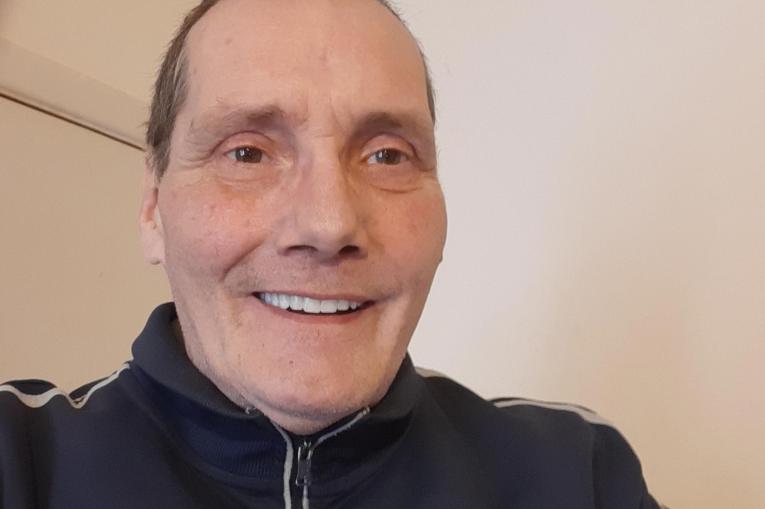
“As the National Lived Experience Group, we have grown over the last year in line with the voice of the people who use our services. Being a member of this group is brilliant, exciting and a privilege. To be involved in such a unique and diverse team and witness some of the things we have influenced makes me proud knowing were making a difference. We will continue to represent the people who use our services and ensure this continues to grow.”
Tony Lee: National Lived Experience Volunteer
As the pandemic started the National Lived Experience Group (formerly the National Service User Council) collaborated with Collective Voice, Public Health England, and Release to capture and share the changes to the drug market and the experiences of those affected by drugs and alcohol. We formed a crucial working relationship with The Salvation Army to support those in hostels, along with many other organisations that helped support homeless people. Feedback published on Expert Link was used to inform the National advisory panel to the Ministry of Housing, Communities & Local Government, and insights around the impact of searching emergency accommodation were shared with the National Police Chiefs Council Lead for Drugs. This helped raise awareness of the impact of this type of policing has on engagement with services and was shared with all police forces nationally. Finally, our partnership with University of Manchester was key in helping us to deliver meaningful and credible research that has resulted in changes that have improved the lives of those we support.
This is not where the story ends though… we’re still listening, we’re still responding. If you want to hear more about the Pulse Survey and the work we’re doing at Change Grow Live, please contact: [email protected].


